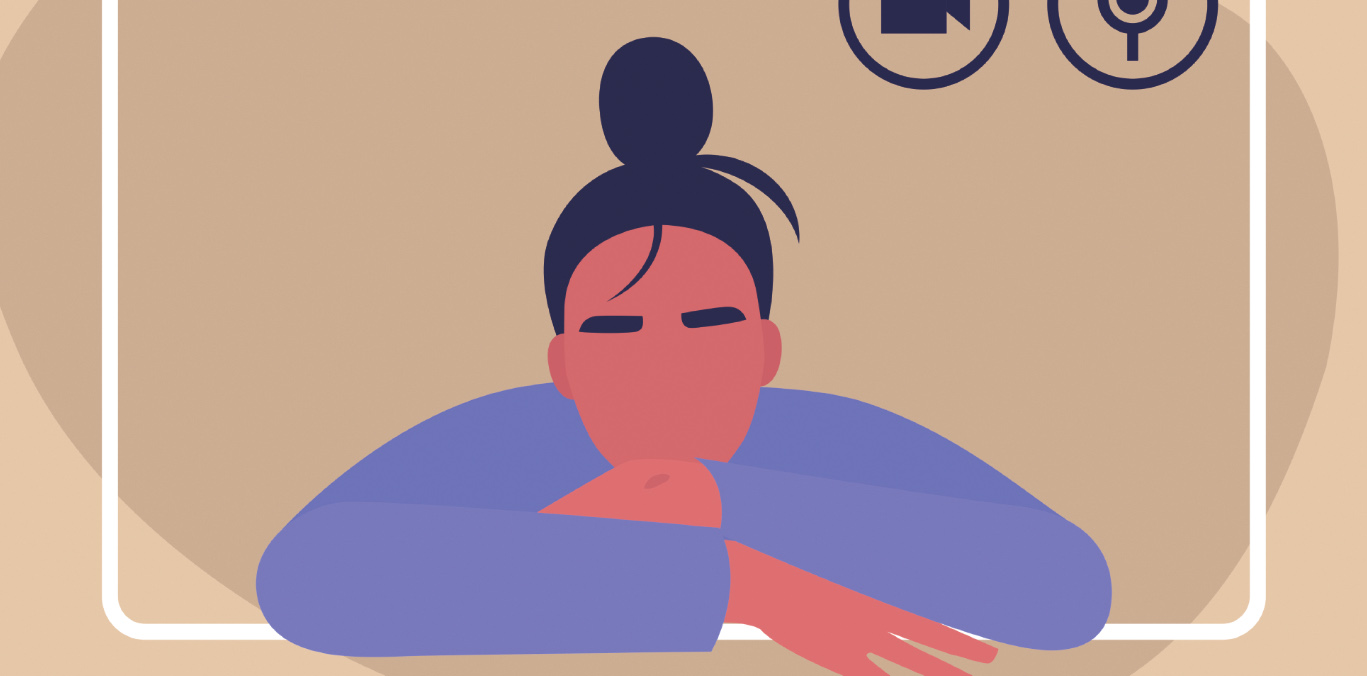A record of daily life during the pandemic of 2020 written by people with autoimmune arthritis.
As people with autoimmune arthritis, we take any risks or changes to our health very seriously. Like others, we’ve been affected by the COVID-19 lockdown in different ways, such as working from home, losing income, and being apart from loved ones.
However, as we are all working-aged with (mostly) invisible illnesses, people don’t generally think of us as being high-risk for COVID-19. This was especially hard when people were dismissing the coronavirus as being “only a concern for old or sick people”.
Instead of writing this as a general piece about how chronic illness patients manage during pandemics, we’d like to share the raw experiences of the following five women as a snapshot of our current reality.
Neen is a single mother of two teenagers. She has multiple complex conditions and has recently had spinal surgery.
Kasey has a three-year-old and works for the government. She has lung scarring from a previous illness and has had major health scares in the past. She is currently pregnant.
Sarah is a primary teacher with two older children herself. She was due to have foot surgery just after the lockdown began in New Zealand, but this has been postponed.
Alice is a tertiary student in New Zealand. She has been especially worried for her mother, who also has ankylosing spondylitis.
Nicole also has a busy job plus ongoing health issues. Her husband and son are both postal workers so she has been anxious about their potential exposure to COVID-19.
WHAT WENT THROUGH YOUR MIND WHEN COVID FIRST APPEARED?
Neen: “If I catch COVID-19 I have no defences. Initially, I tried to spread quality scientific information, which most appeared to not want to hear. Later, those same people changed their tune, but their early response was appalling.”
Nicole: “I have anxiety, so COVID-19 set off my doomsday prepper tenancies. I made sure my household was ready for the worst-case scenario so I wouldn’t have to leave the house.”
DID YOUR DAILY ROUTINE OR BEHAVIOUR CHANGE DURING LOCKDOWN?
Neen: “Barely. I have been housebound for a few years, so the lockdown was normal for me. I did have to go out, but I found myself highly anxious when in public and irritated with people who stood too close.”
Sarah: “My day involves posting online work for my students, then getting my kids doing their schoolwork. We mix in chores, work, and play during the day. I’ve been connecting with others more frequently.”
Alice: “When uni was suspended, I spent five weeks without any study to do. That quickly became boring. I read a lot and played video games which helped me maintain my mental health. I’m much happier now that uni has started remotely.”
Nicole: “I implemented strict cleaning routines for anyone and anything coming from the outside into the home. I can usually work from home using Zoom, although I’ve worked more hours than was good for me. Thankfully that period has passed.”
WHAT HAVE YOUR HEALTH APPOINTMENTS BEEN LIKE DURING THIS TIME?
Neen: “Telehealth has been interesting. Some doctors were brilliant, but others weren’t. I have a skin cancer that couldn’t be removed during the lockdown, so I’ve had to use a cream with an 80% success rate and a high rate of recurrence when a simple day surgery would have been 99% successful.”
Kasey: “Telehealth is a godsend, particularly now I need to start seeing a midwife, obstetrician, and GP regularly to manage my pregnancy. My conditions are currently stable and respond well to treatment. I’ve been grumpy without methotrexate and I’ve had to do a few prednisolone blasts to help deal with pain and fatigue.”
Sarah: “I’ve postponed my infusions and surgery as I was scared to risk the hospital.”
Nicole: “As part of my prepping, I had my flu and Pneumovax shots. I’ve had several face-to-face and telehealth appointments and always felt I was well looked after.”
HOW HAS YOUR HEALTH BEEN AFFECTED BY THE SITUATION?
Neen: “After my spinal surgery, I saw a physio and we’ll use telehealth for a few months. I’d be back in the gym now if it weren’t for the virus, so I have to exercise at home. It’s harder to get motivated but I’m managing.”
Kasey: “Oh, I hate it. Everything I enjoy doing is out of the house. My husband has been very sick and my daughter likes licking stuff (like railings and produce bins in the supermarket), but, so far, I’ve been fine.”
Sarah: “I’ve been sore due to lack of infusions but not too bad. Mentally I’m in a pretty good place.”
Alice: Physically, I’ve been OK. Mentally, I’ve scraped through. Not seeing people besides my partner hasn’t been too bad, but not having any study to do has been tough.”
Nicole: “My physical health has been fine. However, I’ve struggled with mental health. My normal coping strategies, like visiting others, weren’t available and I fell into a dark hole. Thankfully, it was only temporary.”
THE POSITIVES TO COME FROM THE LOCKDOWN
While our lockdown experiences were mixed, we all expressed similar thoughts about the post-COVID future.
We’ve appreciated the expansion of telehealth and remote working and learning services and we’d like to see them continue in similar forms to make them more accessible and flexible for everyone.
We also hope that others will have a better understanding of what it’s like to be housebound and isolated.
Above all, we’ve loved being more connected with those around us and appreciating all the little things life has to offer.
We are a strong and resilient bunch, so we know how to keep going when times are tough. Hopefully, that’s a lesson that others can learn from us.
Rosemary Ainley wrote this article on behalf of the CreakyJoints Australia team.
CreakyJoints Australia would like to thank Rheumatology Republic for this opportunity to share the patient voice within the Australian rheumatology community.


